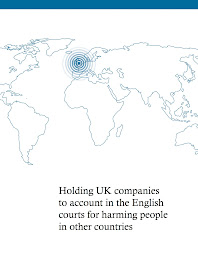(Pix © Larry Catá Backer 2016)
Human organization is no stranger to the mania for classification, and the construction of hierarchy and social management on the basis of those classifications. Every society on Earth and at all times have sorted itself out this way for a long time. And each society approaches the legitimization of these classifications--and the organizational and regulatory consequences of the society created--through a number of devices. Human have invoked powers beyond the individual or society, usually divine forces of some sort or other, that in some way manifests the requirements for classification and the consequences of these impositions. Theocracy provides a quite efficient means of creating those formulas necessary for segregating people and establishing a social order based on those characteristics that are the markers of difference. Societies sometimes invoke themselves--democratic social orders, from those of the West to Marxist Leninist regimes, and form monarchies to oligarchies--each in their own way ground their segregation on themselves (the will of the people exercised directly, or through their customs and traditions, or exercised through a monarch or by a vanguard). Both theocracy and democratic orders will on occasion rely on science--however that is understood, to buttress whatever framework system of classification that are imposed. These are meant to extract essential characteristics (the domain of the social sciences), behavioral traits and predilections (the realm of genetics and perhaps psychology), social rules for engagement (customs and traditions and their preservation), and trait development (the domain of the "practical sciences" of husbandry).
This post considers the way that one can observe the extraordinary and unconscious strength of the propensity of human societies to build classification systems on constructed difference. More specifically, it considers the way that the old rhetoric and "sciences" of race have been deployed unconsciously in recent efforts to ban "breeds" on dogs from particular areas. The most interesting aspects of these breed banning movement may be the way that it serves to reinforce and reapply with extraordinary strength the old mechanisms that once supported race slavery and segregation. The ease with which our societies racialize dogs suggests the strength and depth of societal willingness--everyone, not just those at the top of particular hierarchies founded on race--to keep racial classification alive and to use its structures in ordering societal spaces (e.g., here). The dog, in this case, might well serve as a reminder of the power of racialization as a fundamental basis of human society and perhaps a litmus test of social claims to have moved beyond race in the classifications and ordering of social systems.



















